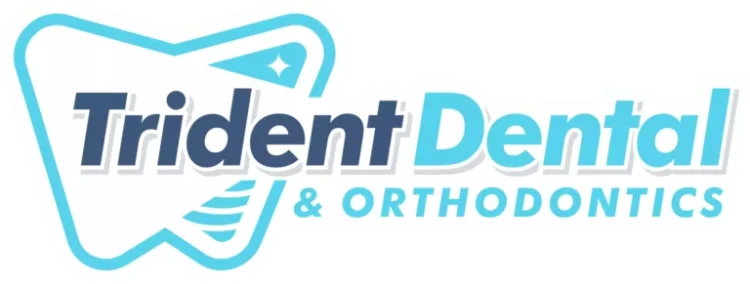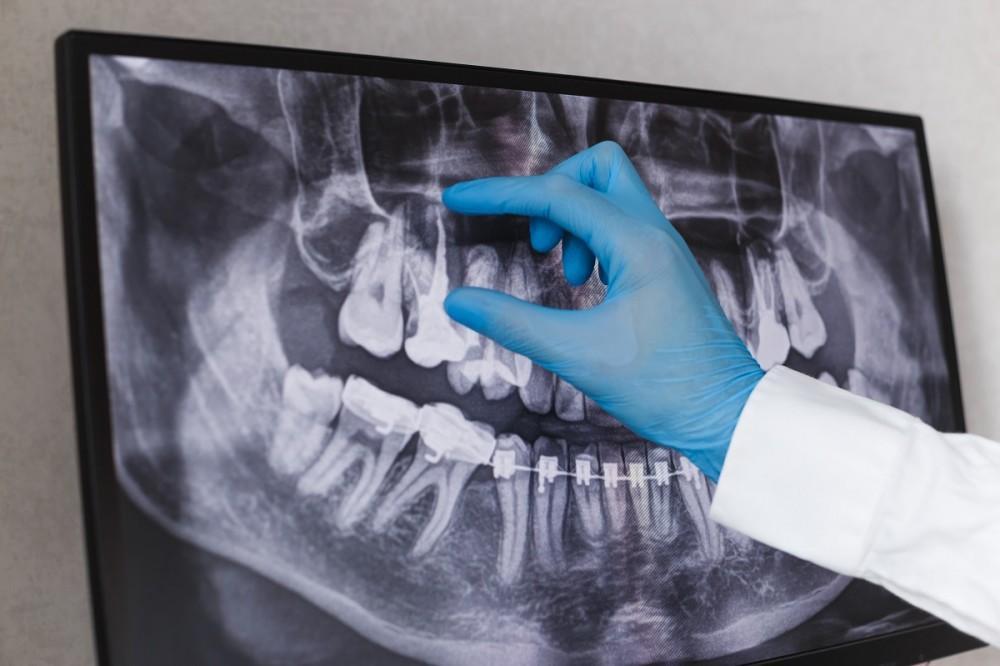You’re at a dental checkup. Your dentist tells you it’s time to take X-rays. Are they really necessary?
The answer is yes. Dental X-rays give your dentist a starting point to develop a customized dental plan for you. X-rays show what’s happening in your gums, the tooth roots under your gums, and between your teeth.
At Trident Dental in Houston, Texas, our board-certified dentists provide dental care, including X-rays, for your entire family. Here are some reasons why regular dental X-rays are important.
Detecting decay and infection
Your dentist doesn’t have X-ray vision; they can’t see what’s under a filling. It’s also hard for them to inspect the area between your teeth. Decay can occur in both places.
Undetected decay can lead to dental abscesses and root canals, which entail more invasive and expensive treatments. Save time, money, and protect your health by getting your dental X-rays when it’s time.
Detecting bone loss
Undetected tooth decay can lead to pockets of bacteria between your gums and teeth. That can lead to periodontitis, a gum disease often resulting in tissue and bone loss.
If you lose too much bone around a tooth, you lose the tooth. That presents a new problem. The empty space needs filling to prevent further bone loss. Too much bone loss can result in facial deformity as your jaw loses definition.
Detecting tumors and cysts
Your dentist may notice that one of your child’s teeth hasn’t erupted. Though rare, it could be due to a cyst or a tumor.
Soft tissue tumors can appear in the mouth and jaw; others can lodge in the bone. Cysts need treatment with medication or surgery. Early treatment yields the most favorable outcomes, as with other health issues.
Determining tooth position or pain source
X-rays provide your dentist with helpful information if you’re preparing for braces, dentures, or an implant. They also help your dentist diagnose the problem if you have dental pain or an emergency like a broken tooth.
Why we use digital X-rays
It’s a digital world now, and dentistry is no exception. Digital X-rays have numerous advantages over film X-rays.
Digital X-rays have superior definition and clarity compared to traditional X-rays. They help your dentist pinpoint problems. They can view a current and past image together to detect subtle differences that occur over time.
Digital X-rays are time savers. Your dentist can see the X-rays immediately instead of waiting for the film to be developed. Saving time counts if you have a dental emergency. And we can easily share the images if, for example, you need to see a specialist or you’re moving.
Traditional X-rays already had low levels of radiation, but digital X-rays expose you to even less. You don’t have to worry about a buildup of radiation exposure.
Is it time for a dental checkup for you or your family? Call Trident Dental or request an appointment through our online portal today.

